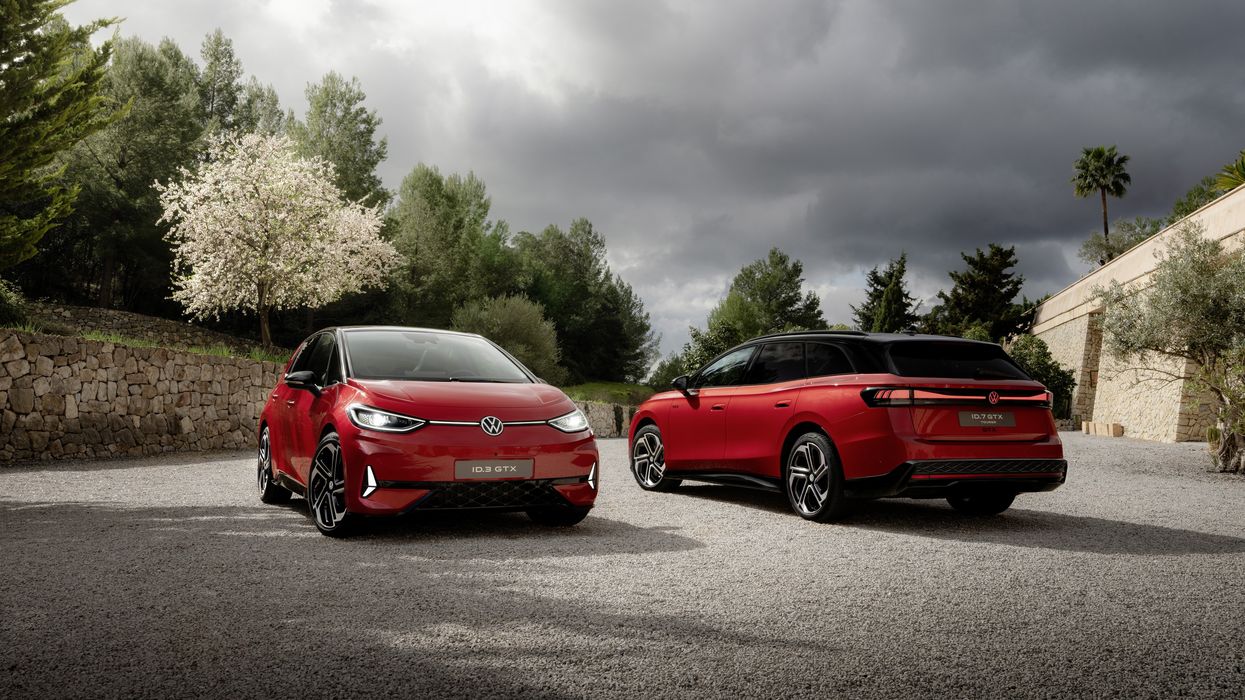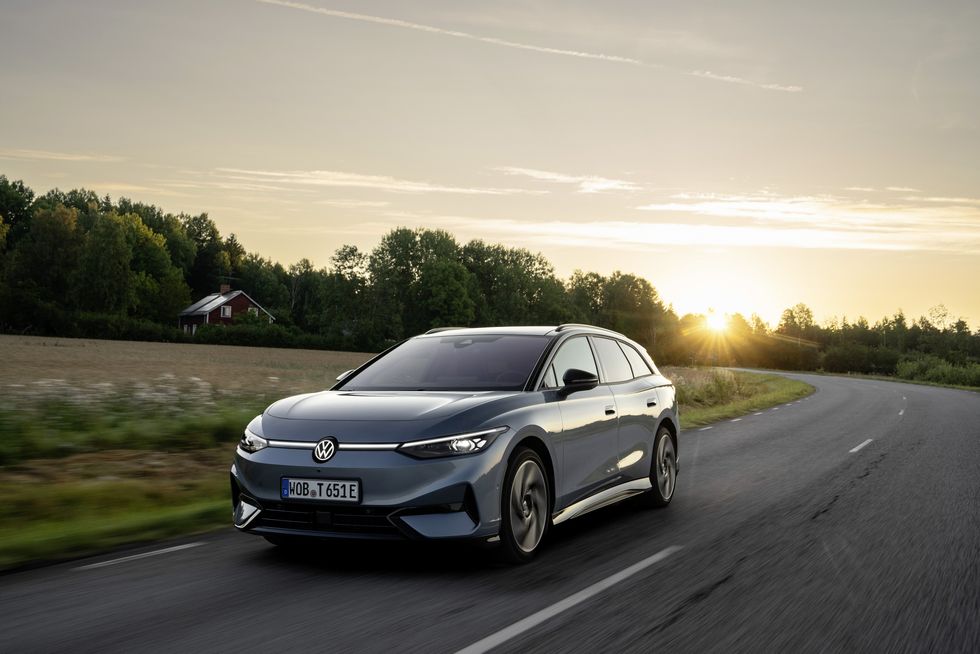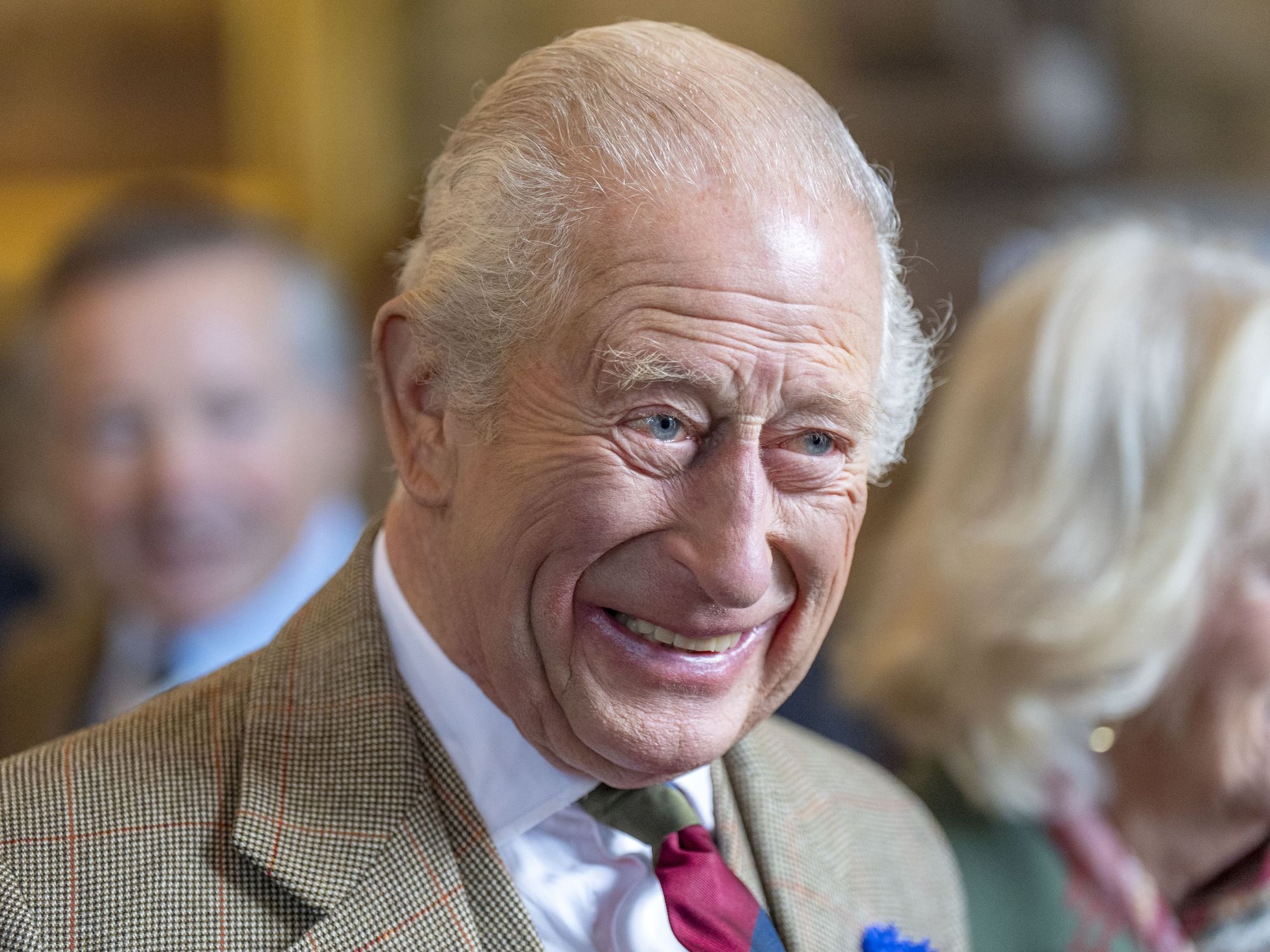Major car brand says electric vehicle battery targets are 'not set in stone' amid sales slump

Volkswagen said it could still amend EV targets for the coming years
|VOLKSWAGEN

Under current plans, Volkswagen aims to have six gigafactories by the end of the decade
Don't Miss
Most Read
The most popular car brand in the UK could amend its electric vehicle targets amid uncertainty around consumer demand, with one boss saying the plans are "not set in stone".
Volkswagen is aiming to build 200 gigawatt hours of battery capacity by 2030, although now plans have been thrown into uncertainty by the brand's battery chief.
The German brand originally announced in 2021 that it wanted to build up to 240 gigawatt hours of battery capacity by the end of the decade, with 200 gigawatt hours being built by its battery subsidiary PowerCo.
It also wanted to have six gigafactories in Europe by the end of the decade, with a 2023 announcement stating that this would be enough for three million electric vehicles every year.
Do you have a story you'd like to share? Get in touch by emailing motoring@gbnews.uk

Thomas Schmall said targets were not 'set in stone'
|VOLKSWAGEN
However, one of the leading battery bosses at the company said plans needed to be "realistic", adding that it would start to monitor demand for electric vehicles.
Speaking to Frankfurter Allgemeine Zeitung, Thomas Schmall, the member of the group board of management responsible for technology, said: "Our goal is realistic, but it is not set in stone.
"Building battery cell factories is not an end in itself. The expansion of the factories will depend on how the market for electric cars develops."
He added that battery plans had been evaluated many times, with concerns over whether future plants would be moved forward or if existing factories could be expanded.
Volkswagen's Gigafactory Salzgitter will start production in 2025, with an initial capacity of 40GWh per year - enough for around 500,000 EVs - and the potential to expand further.
Two more plants - Valencia, Spain, and St Thomas, Canada - are part of the brand's aim of expanding its global battery business, with PowerCo "forging ahead" with these developments.
The Valencia site will begin production of the "unified cell" in 2026 and have a production capacity of 40GWh, potentially expanding to 60GWh in the future.
Volkswagen's Canadian plant in St Thomas, Ontario, will equip the electric vehicles in the region with cutting-edge battery cells from 2027.
In April earlier this year, Volkswagen Group announced that it had delivered three per cent more vehicles in the first quarter of 2024, with 2.1 million vehicles being delivered.
The brand announced that it had seen a rise in the number of deliveries of vehicles with internal combustion engines - a jump of four per cent. This "overcompensated" for the three per cent decline in EVs.
It also reported that incoming orders for electric vehicles in Western Europe "developed positively" from January to March, with twice as many EV models ordered as in the same period last year.
Hildegard Wortmann, member of the group's extended executive committee for sales, said: "The higher order intake for our all-electric models in Europe makes us confident that we will grow in this segment both in our home region and worldwide over the year as a whole.
LATEST DEVELOPMENTS:

Volkswagen has sold the most cars in the UK so far this year
|VOLKSWAGEN
"More than 30 model launches across all drive types this year will give us tailwind in the coming months."
The Society of Motor Manufacturers and Traders (SMMT) shows that Volkswagen has sold 97,598 cars in the UK so far this year, marking the highest number of sales for any brand.
This gives the Wolfsburg-based brand an impressive market share of 8.46 per cent, as well as almost 5,000 more sales compared to the same time last year.










